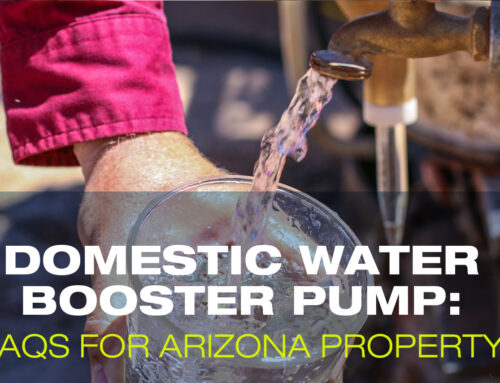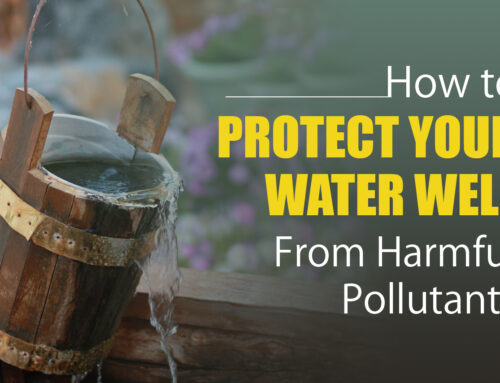Did you know that Arizona is home to over 100,000 residential water wells?
Together, these structures supply water to an estimated 120,000 households.
If your household in the Greater Phoenix area also relies on a private well, you must test it regularly.
Why exactly should you test your water, though? At what frequency should you perform such tests?
Below, we’ll explain why a well water test is essential and how often to do it, so please read on.
Well Water Test and Maintenance Are Owners’ Responsibilities
The Arizona Department of Environmental Quality only monitors and regulates public water systems.
That means the agency’s duties don’t apply to private water wells. Instead, such responsibilities fall on the well’s owner.
Therefore, as a private well owner, maintaining your private well is your responsibility.
You must also conduct testing to ensure it meets water safety and quality guidelines.
Risk of Drinking Contaminated Water
The most common well water contaminants include arsenic, uranium, fluoride, bacteria, and nitrates.
The most effective way to determine if these are polluting your private well water is to test for them.
Failure to do so can put your health at risk of the hazards associated with water contamination.
Arsenic
You should test your private well water for arsenic once every five years.
Arsenic is a naturally occurring chemical element in groundwater.
It can cause health issues like cancer, skin problems, diabetes, and heart disease.
Surveys found that 1 in 5 water samples in Arizona had arsenic levels that exceeded the standard.
Uranium
Uranium is a natural element that comes from rocks and soil.
But, unfortunately, it’s radioactive.
As a result, it can cause health effects like bone and liver cancer and kidney problems.
So, like arsenic, you should also test your water for uranium once every five years.
Fluoride
Fluoride, a mineral released by rocks into the soil and water, helps prevent tooth decay.
However, it can cause dental and skeletal fluorosis if ingested in high amounts.
It may also lead to osteoporosis, arthritis, and joint and muscle problems.
That’s a good enough reason to invest in well water testing for fluoride every five years.
Bacteria
Disease-causing bacteria can enter private wells via leaking septic systems.
They can also contaminate domestic well water through animal waste.
Ingesting bacteria-contaminated water can result in gastrointestinal diseases.
To prevent such dangers, please test your water for bacterial contamination yearly.
Nitrates
Nitrate is a compound that comes from both natural and human-made sources.
The latter includes agricultural activities (e.g., fertilizer use) and septic systems.
At high levels, nitrates can pose health risks, especially in babies.
For instance, it can cause methemoglobinemia (AKA blue baby syndrome).
Even more concerning is that you can’t see, smell, or taste nitrate in water.
A yearly well water test is the only way to determine if it’s in your drinking water.
Ensure You’re Drinking Safe Water
Remember: Waterborne diseases affect as many as 7 million Americans yearly.
You don’t want the same to happen to your family, so invest in a yearly well water test for bacteria and nitrates.
Also, don’t forget to test for arsenic, uranium, and fluoride once every five years.
If you’re ready to test your private well water, Pump It Up Pump Services is here to help.
Contact us today to learn more about our process and to schedule your service!
___________________________________________________
Do you know what’s in your water? Well water testing on a regular basis can give you peace of mind and keep you safe. Empire Pump is a commercial well pump repair company in Phoenix specializing in helping businesses and homeowners with all of their well water testing, installation, and maintenance needs. Call 623-582-5069 now to get a quote or schedule an appointment!
Read related articles:
Well Water Analysis: How to Test Your Well Water for Pollution






